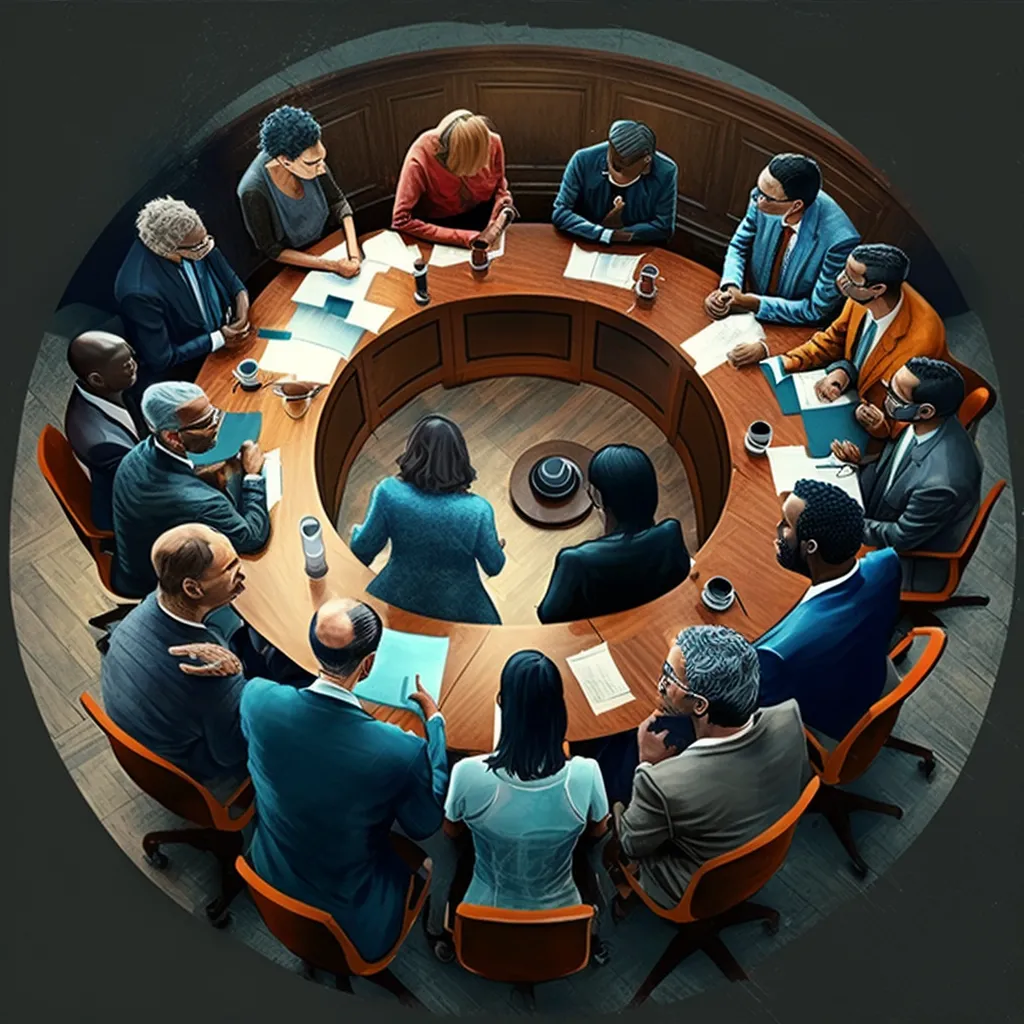
Jury Nullification: A Powerful Tool for Justice in the Hands of Citizens
The democratic society we live in grants us various rights and responsibilities, and one of the most potent tools at our disposal is jury nullification. Jury nullification enables a jury to acquit a defendant, even when evidence points to their guilt, if the jurors believe that the law in question is unjust or wrongly applied. This remarkable power places a significant check on the government and the judicial system, empowering ordinary citizens to take a stand against unjust laws.
The concept of jury nullification has deep historical roots, originating in English common law. A notable case involving jury nullification took place in 1670 when William Penn, the founder of Pennsylvania, faced prosecution for preaching Quaker beliefs, violating the Conventicle Act. Despite clear evidence of his "crime," the jury refused to convict him, defending the right to practice one's religion freely. This case established a precedent for jury nullification in future trials.
Throughout history, jury nullification has often been integral to advancing civil rights and liberties. In the early 19th century, juries in northern U.S. states nullified the Fugitive Slave Act, refusing to convict those assisting runaway slaves. More recently, during the 1960s and 1970s, juries nullified draft evasion charges amid the Vietnam War, reflecting widespread opposition to the conflict.
Jury nullification serves as a powerful reminder that the law is not inflexible and is subject to the moral compass of the people it governs. This power can be used for various purposes, such as promoting social change, protecting individual rights, and expressing dissent against oppressive legislation. In an era where the public's trust in the government and legal system is often tested, jury nullification provides a means for citizens to voice their opinions and demand accountability.
Critics claim that jury nullification can result in inconsistent verdicts and undermine the rule of law. However, these concerns disregard the fact that juries consist of everyday people with diverse perspectives and life experiences. This diversity guarantees that any decision reached by a jury is the product of a comprehensive and nuanced deliberation process. Furthermore, jury nullification acts as a safeguard against potential tyranny of the majority, where unpopular minorities may be unfairly targeted by legislation.
While the judicial system aims for impartiality and consistency, it is vital to acknowledge that the law is a human construct and, as such, is subject to human error and bias. By placing the power of jury nullification in the hands of citizens, society recognizes the significance of empathy, compassion, and moral judgment in the administration of justice.
In conclusion, jury nullification is an essential element of our democratic system, offering a crucial check on the power of the government and judiciary. By empowering ordinary citizens to oppose unjust laws, jury nullification reminds us that the ultimate authority resides with the people. Although some argue that this power can lead to inconsistency, it is a small price to pay for preserving justice, individual rights, and the pursuit of a fair society. Embracing jury nullification not only celebrates our democratic heritage but also highlights the power of the people in shaping a just and compassionate world.

